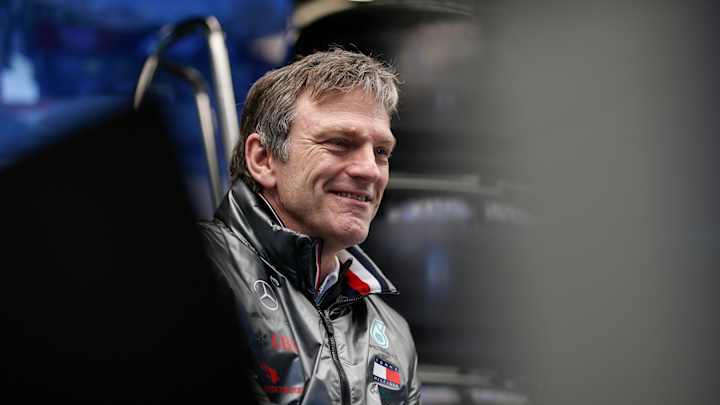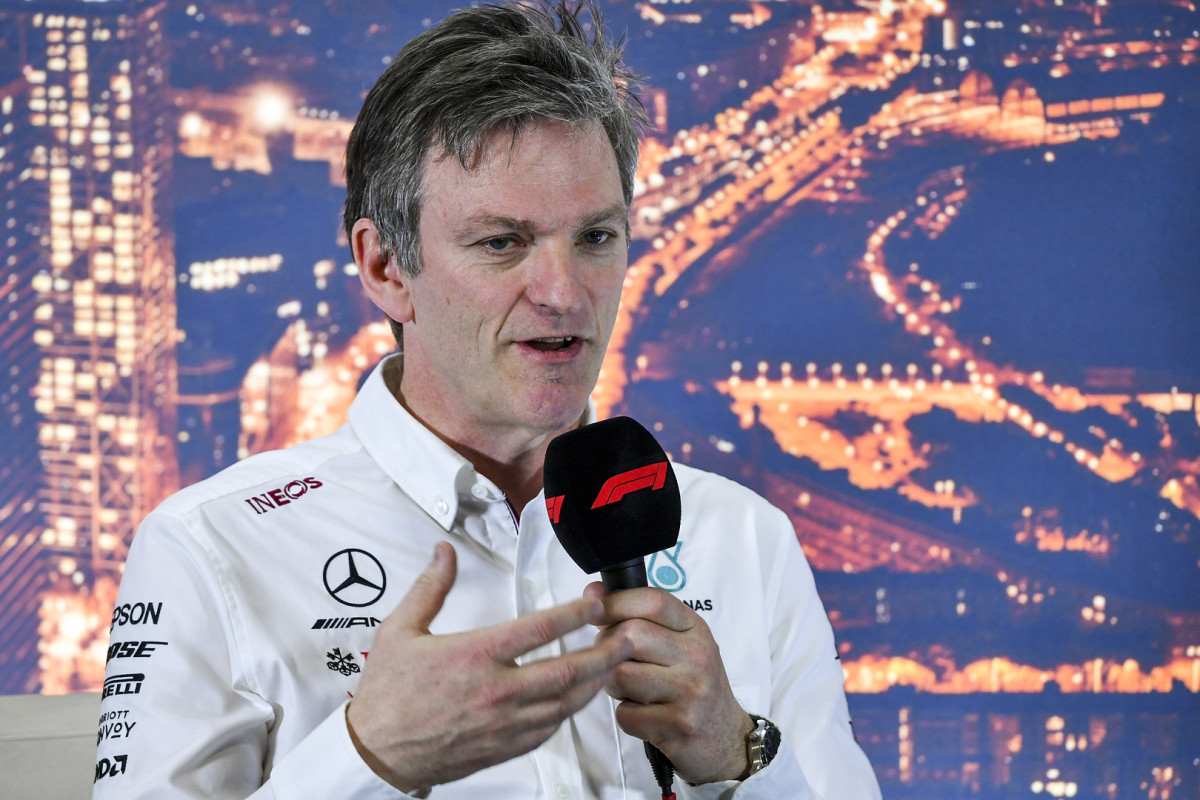F1 News: Mercedes Directory Reveals Key Shifts With W15 - "Defined By Different Decisions"

James Allison, Mercedes Technical Director, highlights significant adjustments in the team's approach in Formula 1 amid their ongoing struggles. His insights reveal a conceptual shift, essential for the team's future performance.
Key Takeaways:
- Concept Beyond Car Design: Allison clarifies, “To the mind of a designer or a performance person in F1, concept is actually nothing to do with the car. It’s about a process by which you decide what good looks like, and what bad looks like."
- Methodology Dictates Car Output: Mercedes' recent struggles are attributed to their methodology. Allison explains, “It’s method. The car itself is just the output of that method. So when you talk to us about concept, we’re hearing: ‘What, you think our wind-tunnel weighting system wasn’t right?’”
- Sidepods: A Misunderstood Element: Discussing the team's 'zero sidepods,' Allison states, “It was not right from front to back and that’s the thing we have had to learn and have had to deal with – that’s taken us longer than we would have liked."

In his discussion with Sky Sports, James Allison, Mercedes' Technical Director, delved into the team's recent Formula 1 challenges and the changes they've undergone. Allison emphasised that in F1, 'concept' is often misunderstood. It's not about the car's physical design, but the methodology and process behind deciding what enhances the car's performance. He explains:
“To the mind of a designer or a performance person in F1, concept is actually nothing to do with the car.
“It’s about a process by which you decide what good looks like, and what bad looks like. It’s your methodology for sort of sieving out all the many, many things you might put on the car and finding only the ones that you really think are going to add lap time.
“It’s method. The car itself is just the output of that method. So when you talk to us about concept, we’re hearing: ‘What, you think our wind-tunnel weighing system wasn’t right?’
“And we’ve changed that, or our way of meshing in CFD was wrong and we’ve changed the concept of that.
“That’s what concept means to us and the car just pops out at the far side of that when we apply that process and that concept."
According to Allison, the car is essentially the outcome of this methodology. The changes in Mercedes' approach over the last two years, driven by their experiences and challenges, have led to a different end product. He states:
“So, of course the last two years have required us to adjust our approach and our methodology, our concept, if you will.
“And as a result of that the hardware that pops out the far side of that, will necessarily be different hardware, because it’s defined by different decisions and different weighings of what’s important and what isn’t.
“You get all excited by the end result, but actually our fate is made by the approach.”

Allison also discussed the team's 'zero sidepods,' a design that drew significant attention. He opens up on their importance, suggesting that the focus on them overshadowed the overall lack of competitiveness in the car's design.
“I don’t quite see the world the same way as you guys do, looking at a sidepod and deciding that’s a concept.
“We definitely took a path with our car, and I would say that’s from the tip of the nose to the very back of the tail, which was not a competitive one.
“The most visually notable aspect of that was our sidepods, but by no means the definitive factor.
“It was not right from front to back and that’s the thing we have had to learn and have had to deal with – that’s taken us longer than we would have liked.
“But the sidepods are maybe emblematic of a team that took a little too long to figure out which way was up, but by no means the distinguishing feature that sealed our fate."
